Intro
Discover causes and relief for nipple pain during pregnancy, including breast tenderness, soreness, and sensitivity, to ensure a comfortable breastfeeding experience.
Pregnancy is a time of significant physical and hormonal changes, and many women experience a range of symptoms as their bodies adapt to support the growth of their baby. One common complaint during pregnancy is nipple pain, which can be uncomfortable and worrying for expectant mothers. Nipple pain during pregnancy can be caused by a variety of factors, including hormonal fluctuations, breast tenderness, and changes in breast tissue. In this article, we will explore the possible causes of nipple pain during pregnancy, discuss ways to alleviate discomfort, and provide guidance on when to seek medical attention.
As the body prepares for breastfeeding, the breasts undergo significant changes, including increased blood flow, swelling, and the growth of milk-producing glands. These changes can cause nipple pain, tenderness, and sensitivity, which can be uncomfortable and even painful. Additionally, the hormonal fluctuations that occur during pregnancy, particularly the increase in estrogen and progesterone, can contribute to breast tenderness and nipple pain. Many women experience nipple pain during the first trimester, when these hormonal changes are most pronounced.
The experience of nipple pain during pregnancy can vary from woman to woman, and some may find it more uncomfortable than others. In some cases, nipple pain can be a sign of an underlying condition, such as a breast infection or a nipple piercing that has become infected. It is essential to seek medical attention if nipple pain is severe, persistent, or accompanied by other symptoms, such as fever, redness, or discharge. In most cases, however, nipple pain during pregnancy is a normal and temporary symptom that can be managed with self-care techniques and supportive clothing.
Nipple Pain Causes and Symptoms
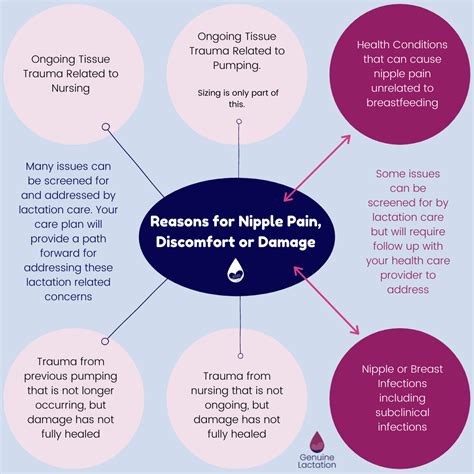
Types of Nipple Pain
Nipple pain during pregnancy can manifest in different ways, including: * Sharp, stabbing pain * Dull, aching pain * Burning or tingling sensations * Nipple tenderness or sensitivity * Breast engorgement or swellingManaging Nipple Pain During Pregnancy
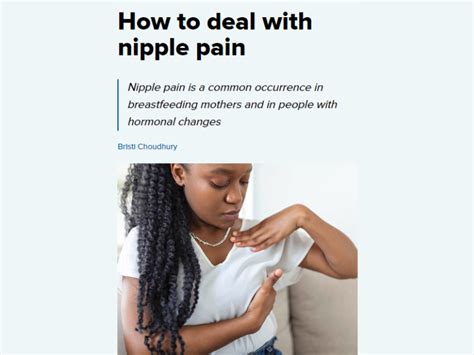
Self-Care Techniques
In addition to these methods, there are several self-care techniques that can help manage nipple pain during pregnancy, including: * Massaging the breasts: Massaging the breasts can help reduce breast engorgement and alleviate nipple pain. * Taking a warm bath: Taking a warm bath can help relax the muscles and reduce nipple pain. * Practicing relaxation techniques: Practicing relaxation techniques, such as deep breathing or meditation, can help reduce stress and alleviate nipple pain.When to Seek Medical Attention
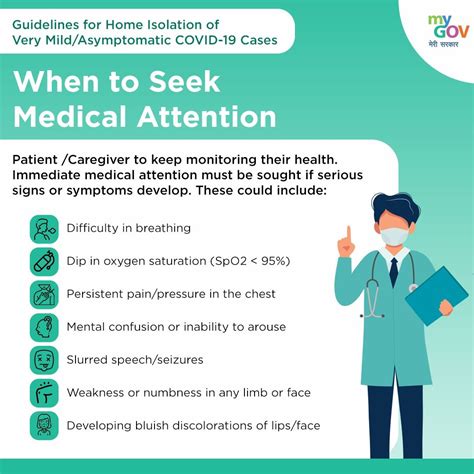
What to Expect During a Medical Examination
If medical attention is necessary, a healthcare provider will typically perform a physical examination and take a medical history to determine the cause of nipple pain. This may include: * A breast examination: A healthcare provider will examine the breasts and nipples to check for signs of infection or other conditions. * A medical history: A healthcare provider will take a medical history to determine if there are any underlying conditions that may be contributing to nipple pain. * Imaging tests: In some cases, imaging tests, such as a mammogram or ultrasound, may be necessary to determine the cause of nipple pain.Preventing Nipple Pain During Pregnancy
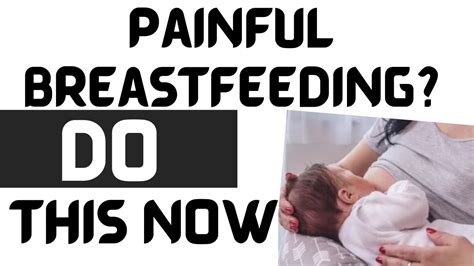
Tips for a Healthy Pregnancy
In addition to these methods, there are several tips that can help promote a healthy pregnancy, including: * Eating a healthy diet: Eating a healthy diet that includes plenty of fruits, vegetables, and whole grains can help support the growth and development of the baby. * Getting regular exercise: Getting regular exercise can help reduce the risk of complications during pregnancy and promote overall health. * Getting enough rest: Getting enough rest and avoiding stress can help promote a healthy pregnancy and reduce the risk of complications.Nipple Pain and Breastfeeding
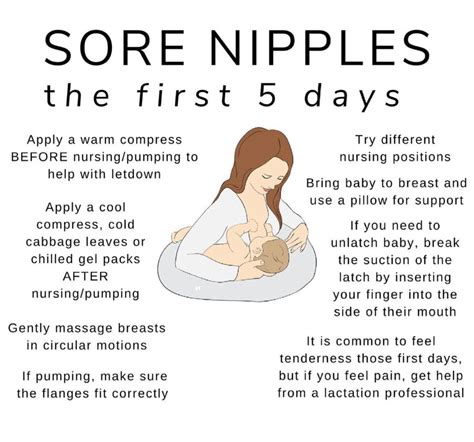
Benefits of Breastfeeding
Breastfeeding has several benefits for both the mother and the baby, including: * Providing essential nutrients: Breast milk provides essential nutrients and antibodies that help to promote the growth and development of the baby. * Reducing the risk of infections: Breast milk contains antibodies that help to reduce the risk of infections and promote overall health. * Promoting bonding: Breastfeeding can help to promote bonding between the mother and the baby, and can be a rewarding and enjoyable experience for both.Conclusion and Final Thoughts

What are the common causes of nipple pain during pregnancy?
+Nipple pain during pregnancy can be caused by hormonal fluctuations, breast tenderness, and changes in breast tissue. Other causes include breast engorgement, nipple sensitivity, and breast infections.
How can I manage nipple pain during pregnancy?
+There are several ways to manage nipple pain during pregnancy, including wearing a supportive bra, applying cold or warm compresses, taking over-the-counter pain relievers, and practicing good breast hygiene.
When should I seek medical attention for nipple pain during pregnancy?
+It is essential to seek medical attention if nipple pain is severe, persistent, or accompanied by other symptoms, such as fever, redness, or discharge. A healthcare provider can determine the cause of nipple pain and provide guidance on treatment and management.
Can nipple pain during pregnancy affect breastfeeding?
+Nipple pain during pregnancy does not necessarily mean that breastfeeding will be painful. In fact, many women find that breastfeeding helps to reduce nipple pain and discomfort. However, it is essential to practice good breast hygiene and take care of overall health to promote successful breastfeeding.
What are the benefits of breastfeeding for the mother and the baby?
+Breastfeeding has several benefits for both the mother and the baby, including providing essential nutrients, reducing the risk of infections, and promoting bonding. Breast milk contains antibodies that help to reduce the risk of infections and promote overall health.
